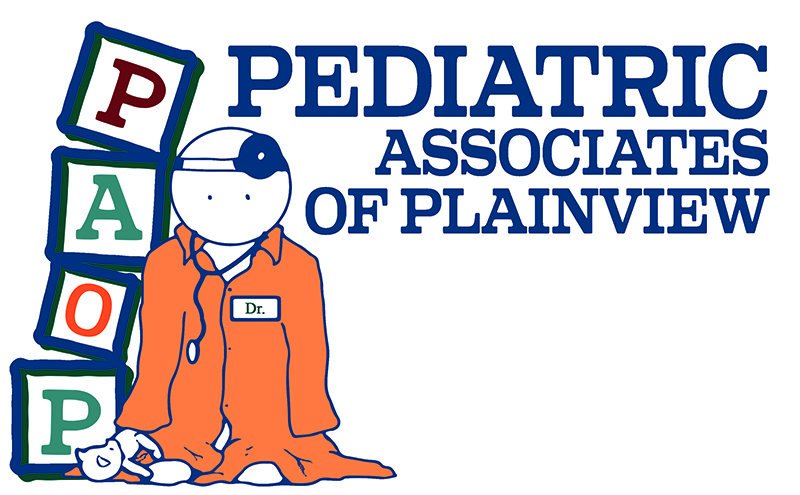Yes, we encourage all parents to visit a pediatrician before their child is born. By
doing so, you’ll be able to establish the trust needed to build a long lasting
relationship. We also encourage parents to visit multiple pediatricians so that
they can find the perfect fit for their family.
Commonly Asked Questions
Can I meet with a pediatrician before my child is born?
How far in advance should I schedule my next well visit?
3 to 4 weeks in advance is a good option if you’re able to do so. If not, as soon
as you possibly can.
What should I do if I’m traveling out of town and my child becomes sick?
If you’re away and have questions, don’t hesitate to contact us over the phone, (877) 285-8955. We’ll be able to walk you through the best course of action for your child’s needs.
If I plan on traveling internationally, are there particular vaccines or medications that I need?
Your child should complete all of their routine childhood vaccines before traveling internationally. If they can not finish them in time, an accelerated version of the vaccine schedule can be administered. If time allows it, we recommend that you see your health care provider 4 to 6 weeks before your trip.
What are your car seat recommendations?
Proper use of a car seat is crucial when it comes to your child’s safety. The type of car seat you will need will vary depending on your child’s age. For infants and toddlers, they’ll ride in rear-facing seats until they reach the maximum height/weight provided by the car seat manufacturer. Toddlers and preschoolers who have outgrown their rear-facing seat will move on to a forward-facing seat with a harness. Once your child has exceeded the weight/height of a forward-facing seat, they can move on to a booster seat. This is suggested for all school-aged children until they reach a height of 4 ft 9 in., or are between the ages of 8 and 12. They are then required to sit in the backseat with a fastened seat belt.
At what temperature should I contact my doctor about my child’s fever?
If your child is between three months and three years old and has a fever of 101 degrees or higher, you should contact us to figure out what to do next. If your child is three months or younger, any rectal temperature of 100.4 degrees or higher should warrant seeing a doctor or heading to the emergency room. If fever persists over 24 hours, please call our office. *Please note: fevers go up at night in children ages four to ten.
How long after my child has been sick should I replace their toothbrush?
The American Dental Association recommends that you replace your toothbrush every three months, sick or not. When it comes to being sick though, it’s recommended to replace your child’s toothbrush as soon as possible, so they do not become ill again.
What should I do if my child needs a vaccine, but not a doctors appointment?
When you call the front desk, schedule an appointment with a doctor only for a vaccine. After, make sure your information is up to date before your next well visit.
At what age can I put sunscreen on my child?
Sunscreen is okay to use on children ages six months and older. If your child is under six months, they should be using other forms of sun protection. Keeping your child out of the sun is recommended, but not always possible. So if your child is under six months, you should be dressing them accordingly such as wearing a hat with a brim, sunglasses, and clothing that covers their skin.
When should I take my child to an urgent care center?/Should I take my child to an urgent care center?
Always try our office first as we know the intricacies of your child’s medical history.
*Disclaimer: If your child is experiencing life-threatening symptoms including difficulty breathing, allergic reactions, or a sports-related injury, please go directly to an urgent care center. If this is a medical emergency, call 911.
